|
0 Comments
Some days writing can be very therapeutic. And a scene will just flow.
Or you'll have one of those moments where you'll figure out how to make a bunch of scenes work together. Then you have those days where you write a bunch of crap! No matter how many times you read through it. It's just not going to work. Then it's back to the drawing board. HILLARY
I was jealous. I was so jealous of you I couldn't see straight! You did everything you said you were going to do, everything! And your talent, this incredible talent! I can't even yodel! Writing is the art of applying the ass to the seat. Not being accountable to anyone.
That's one of the main problems aspiring screenwriters face when it comes to writing on spec. There's no finish line that they have to work towards, or aim at. No one's standing over them making sure that they get the work done. And that is a major problem, if you want to call yourself a screenwriter. Realistically, if you want to call yourself an aspiring screenwriter, then you really need to do the legwork, and come up with the goods. This means, you need to be producing screenplays on a regular basis, and not settling for the first thing that you manage to finish writing. This is not a sprint, this is a marathon. Making yourself accountable. As an aspiring screenwriter, you need to make yourself accountable. One way to do this, is to tell people that you're an aspiring screenwriter. You may get back some silly responses, but once you've told them, you'd better make sure that you're writing something. Otherwise, it's all for naught, when they ask you what you're currently working on, and you tell them that you're not working on anything. Another way of making yourself accountable, is by giving yourself a more concrete deadline to have those projects completed by. And one of the best ways of doing this, is by choosing a reputable screenwriting competition. There are several to choose from, and they all have various entry dates. This will give you a concrete goal, or a number of concrete goals to achieve. Depending on the number of projects you are working on. And the time-frame you've given yourself. You have to make sure that these goals are attainable. That they are realistic. This will come down to a number of factors.
When it comes to my own writing, what I tend to do, is give myself twelve months to complete a number of projects. If you're writing features, realistically, you should probably be aiming for four projects in a year. Certainly, no more than five. Otherwise, you won't have enough time to get any notes back on your work. Quality should always trump quantity. Unless you're planning on working on these projects at a later date. There's no point consistently churning out crap. It's far better to focus on fewer projects, and make sure that you give yourself the best opportunity to make them the best they can be. As an example. Twelve months from now, this screenwriting competition allows the first entries. Figure out what projects you'll be working on through the course of the year. This will vary depending on what you write. The number of features you write in a year will be different to the number of sitcoms, and 1 hour pilots you can write. But the same principle applies. Better to focus on fewer projects, and make them the best they can be. Especially if you're planning on sending them out to be read. What's the point of sending out a crap draft to anyone? This year, I'm working on four projects. Possibly five. But I'll be happy with four. Even three. These are all rewrites, from previous vomit drafts that I coughed up in the last two years. Far too many vomit drafts. They weren't very good! I'm using the competition entry date as the deadline. That's the goal. To have these projects all rewritten by then. This workload is quite achievable in this time-frame. As long as the planet doesn't suffer from an alien invasion between now and then. Which is unlikely, but you never know!
You can learn a lot from
watching movies & reading screenplays. All the information you need can be given in dialogue. Came across an excellent video here. Here's another one. Very insightful! Moderated by IndieWIRE's Anne Thompson, the 2013 SBIFF Writer's Panel "It Starts With The Script" featured Stephen Chbosky (Perks of Being a Wallflower), Roman Coppola (Moonrise Kingdom), John Gatins (Flight), Rian Johnson (Looper), and David Magee (Life of Pi).
BLADE Quinn. I'm gettin' a little tired of choppin' you up. Thought I might try fire for a change. Are you introducing us to the world your main characters inhabit in those opening pages?
Are you setting up the tone and genre straight away? What does this have to do with screenwriting and storytelling? If you have to ask. Energy! Emotion! Enthusiasm! Are you really putting everything you've got into that idea of yours? Are you really making that story the best it can be? Make that story you're writing the best it can be! Writing is rewriting! |
Welcome to Russell’s website. A storyteller who enjoys writing screenplays for movies. Even though the process is hard. It keeps his imagination working overtime.
Categories
All
Blog Archives
March 2021
Take a Look
WCMartell
John August Wordplay Craig Mazin Done Deal Pro Movie Bytes London Screenwriters' Festival Screenwriting from Iowa Bang2Write Chris Jones Blog Go Into The Story UK Scriptwriters Nerdist Writer's Panel Deadline The Bitter Script Reader ScreenwritingU Screenplay.com Corey Mandell The Hollywood Reporter Variety WGAW U.S. Copyright Office Inside Film Magazine Screen International Scriptchat Save the Cat The Black List Writers & their Blogs
The Scriptwriter
David Sartof Scripting Life Bamboo Killers Selling Your Screenplay Script Doctor Eric Geoff La Tulippe |

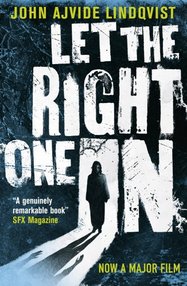
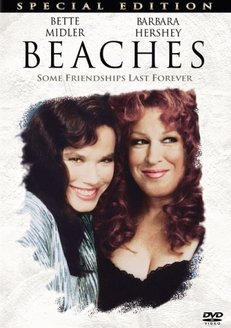
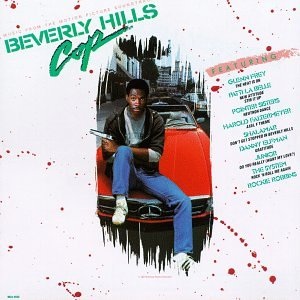
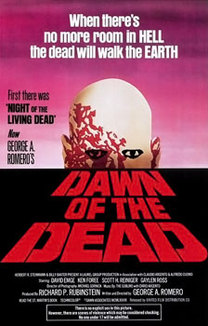
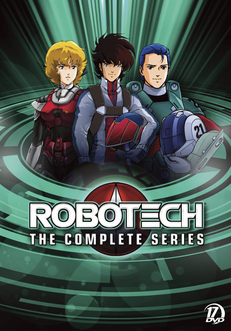
 RSS Feed
RSS Feed
